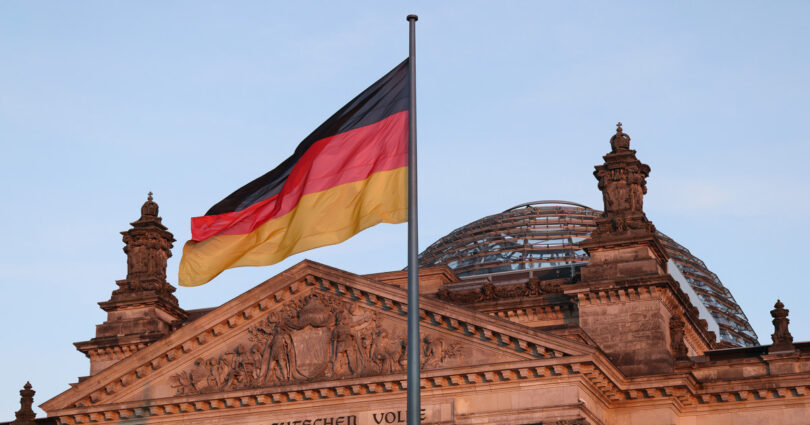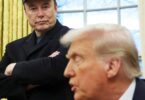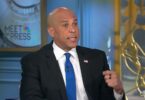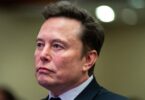BERLIN — Alternative for Germany, a far-right political party under surveillance by intelligence services for suspected extremism, made huge gains in the country’s general election Sunday, with the center-right Christian Democratic Union likely to lead coalition talks to form the next government.
The AfD, whose supporters include Elon Musk and others in the White House, is in second place with 19.8% of the vote, according to an exit poll published at 6:21 p.m. local time (12:21 p.m. ET). The CDU led the poll with 28.7%, meaning its leader Friedrich Merz will lead negotiations with other parties to form the next government.
Merz has ruled out working with the AfD, which doubled its vote share from last time. He and others have vowed to uphold the “firewall” prohibiting cooperation with the far right, an attempt to prevent a return to Germany’s Nazi past.
Under the leadership of Alice Weidel, the AfD has achieved the strongest showing in its 12-year history, with exit polls indicating the historic result.
In a television appearance, Weidel declared the campaign a “glorious” success. She said the party is prepared to be a part of Germany’s next government, despite rejection from the mainstream parties.
The current chancellor, Olaf Scholz, appeared to have been voted out of office after his Social Democratic Party was projected to come in third with 16.4%, according to the exit poll.
Scholz called it a “bitter result” but that the far right is something “we must never accept.”
This early indicator is usually accurate and should largely be confirmed as the actual results trickle in overnight. When the exit poll was released, a group of around 200 demonstrators outside the AfD’s election-night party in northern Berlin fired up a deafening “catastrophe siren” that was built in the 1960s to warn of nuclear attack or natural disasters. This time, its operators said they were heralding a democratic crisis.
The tense backdrop signaled the stakes of an election centered on immigration, economic stagnation and Ukraine, as Germany braces for a contentious coalition-building process.
The vote is unusually dramatic for Europe’s most populous country, a place that normally prides itself on having routine, unfussy ballots. That’s been upended this time by a series of high–profile attacks by people with migrant backgrounds, creating a heated atmosphere on which the AfD is seeking to capitalize.
The pot has further been stirred by the Trump administration’s voluble support for the AfD, shocking for many of the party’s opponents in a country still deeply wary of its Nazi past.
Two hours before the exit poll was released, approximately 100 demonstrators boarded a train in Berlin heading to the AfD election party in the northern suburb of Wittenau.
They were accompanied by three dozen police officers, and upon arrival, a larger police presence established a perimeter around the venue to prevent clashes.
Some protesters held signs labeling the AfD as “Nazis.”
“It kind of speaks for itself,” said Jenny, a 32-year-old bank worker holding a cardboard sign who declined to give her last name. “This party is so dangerous; they are not just right-wing but fascist,” she added. “That’s why it’s important to protect our democracy.”
As well as migration, the other driving factor behind this election is the economy. Though once seen as Europe’s industrial powerhouse, Germany’s economy has stagnated and now teeters on the brink of recession. To revive it, the Christian Democratic Union and the AfD want to cut taxes and public spending, while the center-left Social Democratic Party and the Greens would rather deploy investment subsidies and raise taxes for high earners.
The other major schism is Ukraine, with most parties backing continued support for the country in its fight against Russia, while the AfD favors withdrawing this support and improving ties with Russia. It is just one of several far-right parties gaining support in Europe that want a closer relationship with the Kremlin.
Germany has a semiproportional voting system, making it difficult for any one party to win outright. Instead, parties must work together to form coalition governments, usually led by the largest party. This can take weeks or even months.
Source link








